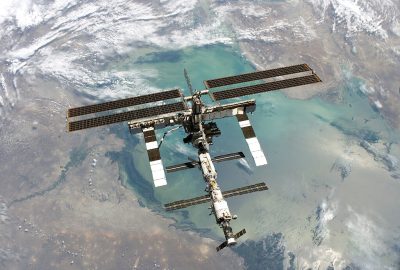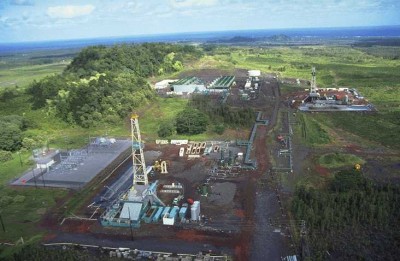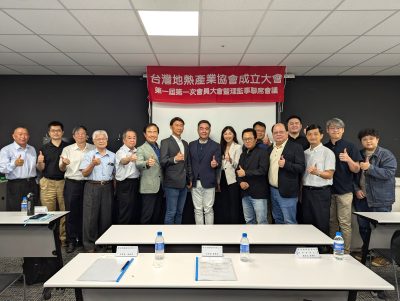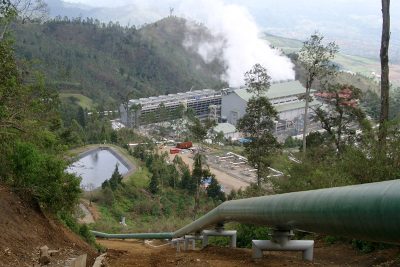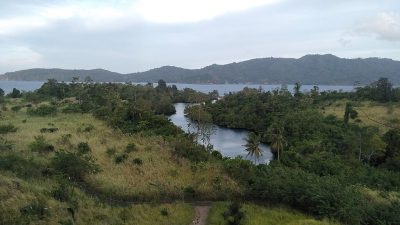New Zealand’s efforts to research how to tap into supercritical geothermal fluids
With its Geothermal The Next Generation project, a team of researchers in New Zealand is exploring how the country can tap into supercritical fluids for the next frontier in the utilisation of geothermal energy.
We reported previously on efforts in New Zealand to tap into supercritical geothermal fluids as part of an ambitious research project. New Zealand’s Central North Island hosts more than 20 world-class geothermal systems, making it one of the rare places where geothermal development is accessible and technically feasible. So it might not be surprising that researchers of the country are exploring ways to expand the utilisation thereof.
Supercritical geothermal fluids (>5 km, >400 degrees C) offer significantly more energy than conventional geothermal fluids found at current depths (~3.5 km) and reservoir temperatures (<350 degrees C). The website of the project provides a deeper overview on what supercritical fluids are.
‘Geothermal: The Next Generation‘ will address geological, geochemical and technological challenges unknown in conventional geothermal use. The team, combining expert geophysicists, geologists, experimental geochemists, modellers and strategic advisors, will investigate New Zealand’s supercritical conditions and learn from international experiences.
Details of the project are now being shared via the project’s website, geothermalnextgeneration.com.
The project research goals are mainly to address geological, geochemical and technological challenges.
This research programme (2019-2024) will:
- define heat transfer mechanisms from magma to surface;
- investigate the composition of supercritical fluids;
- detail interactions between rocks and fluids;
- find the best exploration drilling targets for supercritical fluids;
- map the potential of these resources and
- translate the science, making information accessible.
With the project, New Zealand is exploring where the country’s future geothermal resources are, finding the most prospective locations for accessing supercritical fluids and delineate potential resources in the Taupo Volcanic Zone.
For more details, updates, the team etc see the project website linked below.









